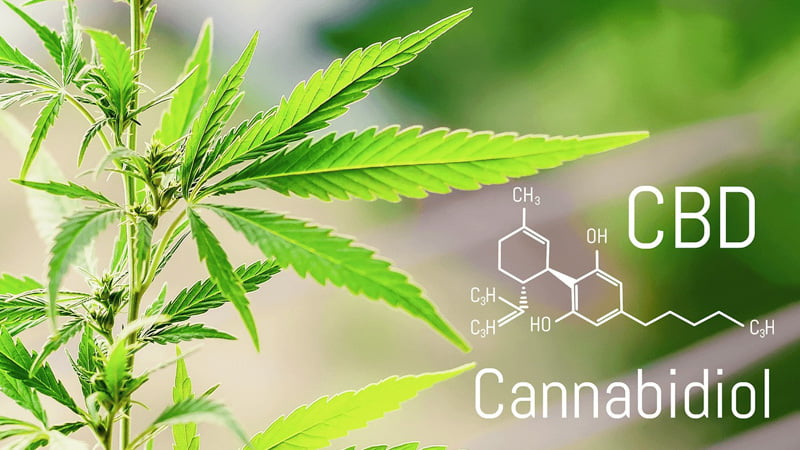AS we all know, CBD isolate is a pure extract that contains cannabidiol without any additional cannabinoids or terpenes.
There’s much more to it than that, though.
This article will look at what CBD isolate is, how it compares to other extracts, and how it can benefit you.
What is CBD Isolate?
CBD isolate, unlike full and broad spectrum CBD, is a pure extract of the cannabinoid cannabidiol (CBD). Isolate products contain only cannabidiol without any other cannabinoids and terpenes naturally found in the hemp plant.
CBD isolates are great for people that want to try CBD but don’t want to ingest the psychoactive cannabinoid THC. If you’ve had bad experiences with full or broad spectrum CBD products, isolates may be what works for you.
Isolates work by influencing cannabinoid receptors in the body’s endocannabinoid system. When CBD interacts with these receptors, it can influence many different bodily functions.
The Benefits of CBD Isolate
When CBD isolate is used, it can affect the body in many ways.
CBD specifically interacts with the CB1 and CB2 receptors in the cannabinoid system . The interaction with this complex cell signaling system can benefit people in several ways:
1. CBD Eases Anxiety, Depression, and Stress
CBD has excellent benefits on the mind. Several studies have shown that CBD alone may ease anxiety, depression, stress, and even PTSD in some people.
One 2011 study looked into CBD’s effects on people with SAD (seasonal affective disorder). SAD is a type of depression that sufferers experience through the winter months when it’s cold, wet, and dark.
People with SAD can experience sadness, lack of motivation, social anxiety, and unwarranted stress. When patients were administered 400-milligrams of CBD, they reported that overall anxiety levels were reduced.
Patients also reported a sense of calm and an uplifted feeling after consuming CBD.
2. CBD Provides Pain-Relief
CBD has pain-relieving qualities.
The cannabinoid has the potential to relieve symptoms in people with chronic pain conditions. In fact, several studies have provided evidence that CBD can ease the pain when ingested and used directly on the skin as a topical.
CBD alone has excellent pain-relieving qualities so that isolates can be an effective treatment for pain conditions. However, one study suggested that CBD worked best when used alongside other cannabinoids like CBC, CBG, or THC rather than its own.
This could mean that full-spectrum CBD products are more effective in the treatment of pain. That’s not to say Isolates aren’t effective, though, just not quite as strong as full-spectrum.
3. CBD is an Anti-Inflammatory
Studies show that CBD has anti-inflammatory properties.
Research has discovered that CBD can relieve inflammation and pain in people with inflammatory conditions when used in topical and ingested forms.
With the potential to relieve arthritis, psoriasis, dermatitis, acne, and much more, the anti-inflammatory benefits of CBD are valuable to a wide group of people.
4. CBD May Alleviate Nausea
There’s limited scientific evidence that proves CBD is an effective anti-nausea drug. However, there is a lot of anecdotal evidence to suggest it’s effective.
Some cancer patients use CBD to reduce nausea and other side effects of cancer treatments and therapies with excellent results.
One study from 2011 suggests CBD can help with nausea due to its interaction with serotonin receptors . The study involved animal testing and found that their nausea response was greatly reduced when CBD was administered to rats
5. CBD Has Neuroprotective Properties
CBD’s interaction with the endocannabinoid system and other signaling systems in the brain may suggest that it’s an effective treatment for neurological disorders.
CBD’s neuroprotective benefits have been widely studied in epilepsy and multiple sclerosis patients.
One study found that CBD and other cannabinoids (including THC) reduced spasms in patients with multiple sclerosis.
It’s important to note that most of the studies exploring the neuroprotective benefits of CBD have involved full-spectrum CBD products with 0.03% THC (sometimes more). This could indicate that CBD isolates aren’t as useful for treating neurological disorders.
Post time: Dec-06-2022






